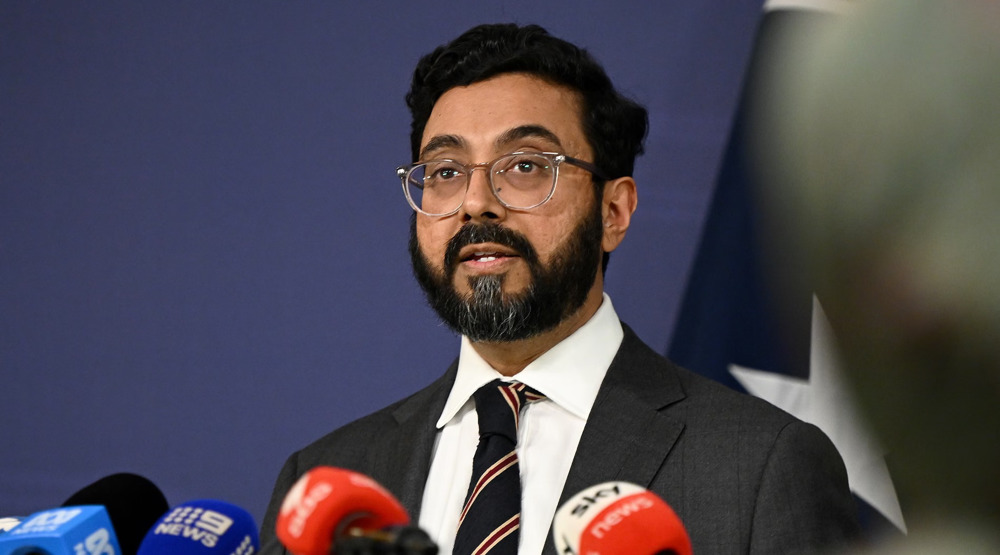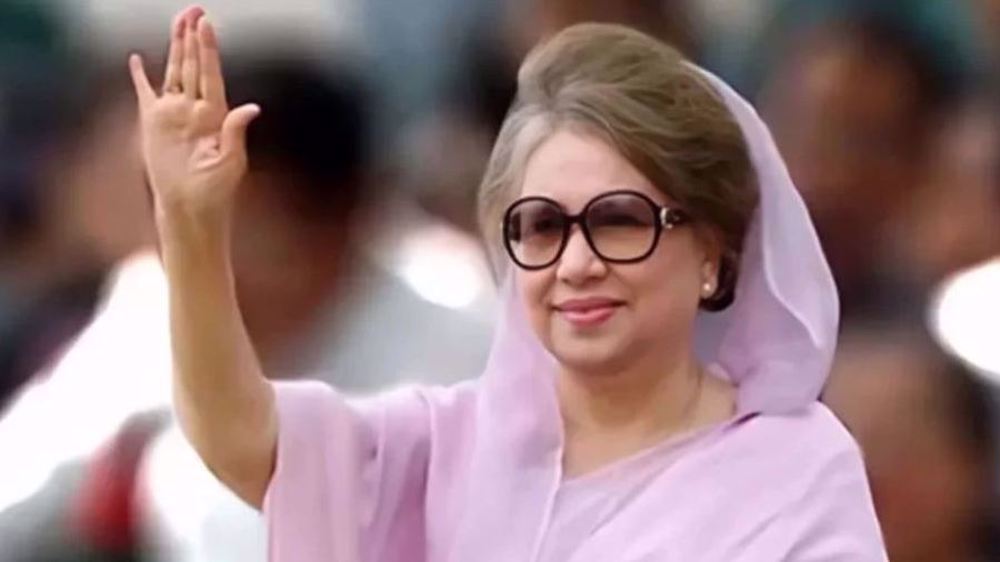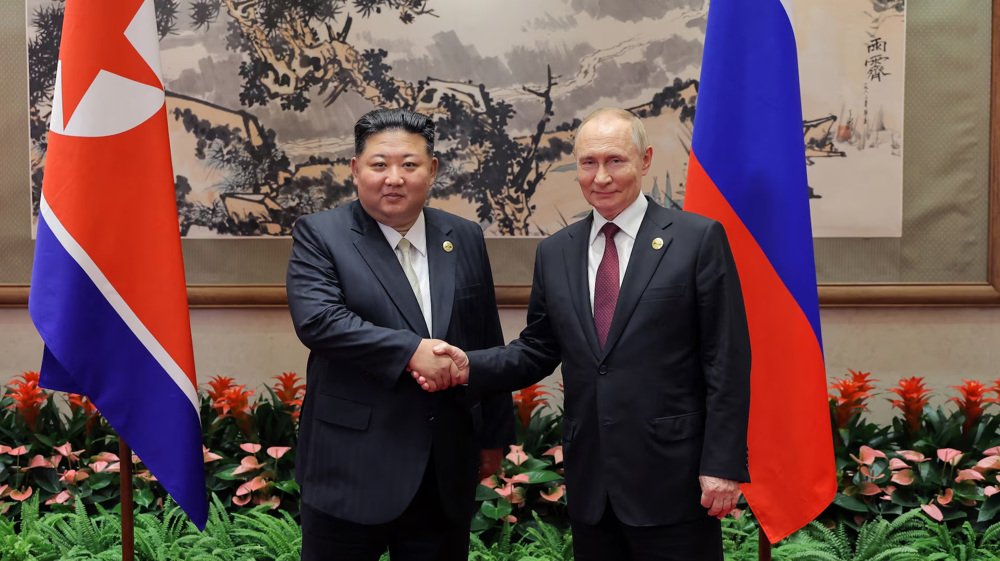Rights group wants ASEAN countries to act on Rohingya plight
Human Rights Watch (HRW) has urged countries from the Association of Southeast Asia Nations (ASEAN) to make strong efforts at an emergency meeting of the group to resolve the ongoing Rohingya crisis in Myanmar.
ASEAN’s upcoming meeting is scheduled for Monday in Myanmar’s Yangon.
Phil Robertson, the deputy director of the Asia Division at the HRW, said the international rights group as wells as other members of the global community is “hoping that this will be the beginning of an ongoing campaign by some of the ASEAN states to demand answers from Burma (Myanmar), and to expect better treatment of the Rohingya.”
Robertson emphasized that ASEAN nations have the necessary power to exert influence on Myanmar’s government in regard to the Rohingya crisis.
“ASEAN does have efficacy to be able to force Myanmar to answer questions,” he said.
Robertson said the solution to the crisis is to integrate the Muslims, who having been living in Myanmar for generations.
“Ultimately, these governments need to press Burma to allow the Rohingya to stay and to have citizenship and be accepted as full participants in the Burmese state. Otherwise, we’re going to continue to have these occasional pogroms against the Rohingyas,” he said, referring to the instances of murder against the ethnic Muslims in Myanmar’s northwestern Rakhine State.

International pressure has been mounting on the government of Aung San Suu Kyi, Myanmar’s de facto leader, over a military crackdown against the Rohingyas in Rakhine, where the Muslims are concentrated and have been besieged by army forces.
World bodies, including the United Nations (UN), have called on Suu Kyi to fulfill her responsibility in the crisis, visit the state, and take measures to protect the Rohingya Muslim minority there against ongoing atrocities at the hands of the military.
Suu Kyi has done little to address the issue. A task force that she ordered to investigate the situation in Rakhine came out saying that military soldiers there were acting according to law.
The ASEAN meeting
Myanmar called for the emergency meeting of ASEAN nations shortly after the UN said it was receiving daily reports of rapes and killings of members of the Rohingya community in the country.
The UN statement, which was released on Friday, criticized Suu Kyi for her “short-sighted, counterproductive, even callous” approach to the humanitarian crisis involving the Rohingya.
The UN has estimated that 27,000 members of the Rohingya community have been forced to flee the terror waged on them in the region by the military and extremist Buddhists and seek asylum in neighboring countries such as Bangladesh.

A much larger number of Rohingya “boat people” have attempted to flee to other neighboring countries, including Malaysia, Thailand, and Indonesia, which are all members of ASEAN.
People in both Malaysia and Indonesia have been protesting against the persecution of the Rohingya Muslims by the military in the Buddhist-dominant country.
Malaysia’s Prime Minister Najib Razak called for international intervention to resolve the crisis and put an end to the “genocide” of the Rohingyas in Myanmar.
The Monday ASEAN meeting will be held behind closed doors. It will be attended by the foreign ministers of ASEAN countries, including the Philippines, Singapore, Indonesia, Malaysia, Thailand, Brunei, Cambodia, Laos, Vietnam, and Myanmar itself.
Ongoing atrocities
Rakhine State has been under military siege since October, when unidentified elements launched a deadly raid on a police post. The Myanmarese government blamed the attack on militants whom it said were linked to the Rohingya.
There have been numerous reports of rape, murder, and arson against the Muslim population in the state. But violence against the Rohingya precedes the current military siege.

Rakhine has been the scene of communal violence at the hands of Buddhist extremists since 2012. Hundreds of the Muslims have been killed in the violence. Myanmar’s population is mostly comprised of Buddhists.
The government denies full citizenship to the members of the Rohingya community in Myanmar despite their long-time presence in Rakhine.
The UN says the Rohingyas are one of the most persecuted communities in the world.
“We cannot travel to anywhere; there’s no education or healthcare, no jobs here. We are living here like prisoners. So, I have no more words to express our lives. We need as much help as possible,” said Maung Hla, a Muslim Rohingya who lives in apartheid-like conditions at a camp for internally displaced persons in Sittwe, the capital of Rakhine State.
Explainer: Why the United States incarcerates more people than any other country
VIDEO | Iranian security forces arrest Mossad agent operating among rioters
VIDEO | Tehran skyline lights up for Imam Ali’s birth anniversary
Maduro’s kidnapping: China says US cannot act as world’s ‘police’ or ‘judge’
VIDEO | Australians protest over US aggression against Venezuela
Cuba declares national mourning for 32 citizens killed in US raids on Venezuela
Iran: US must release kidnapped Venezuelan president
After US aggression against Venezuela, Mexico could be next: Report














 This makes it easy to access the Press TV website
This makes it easy to access the Press TV website